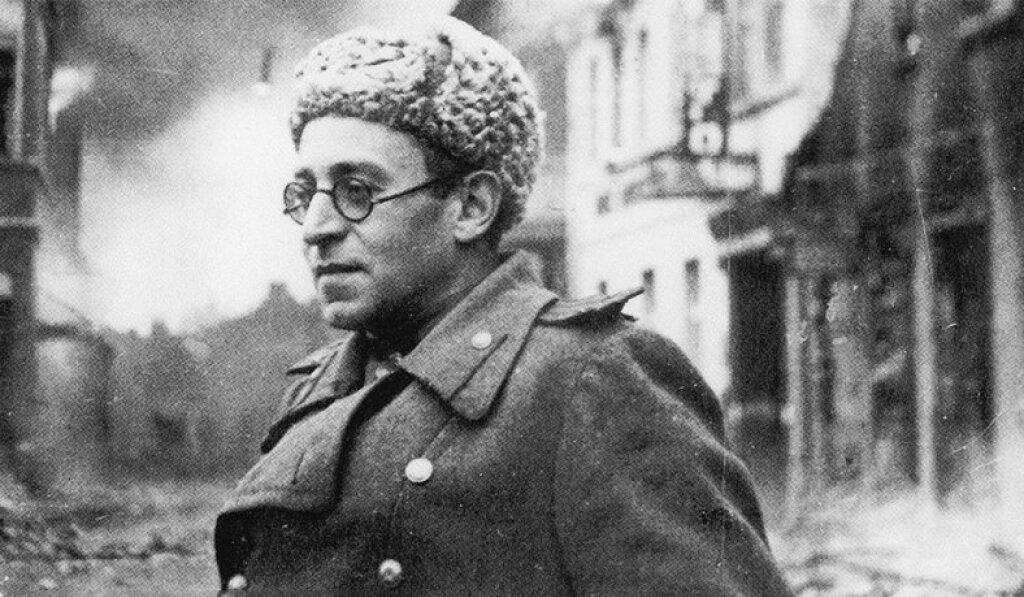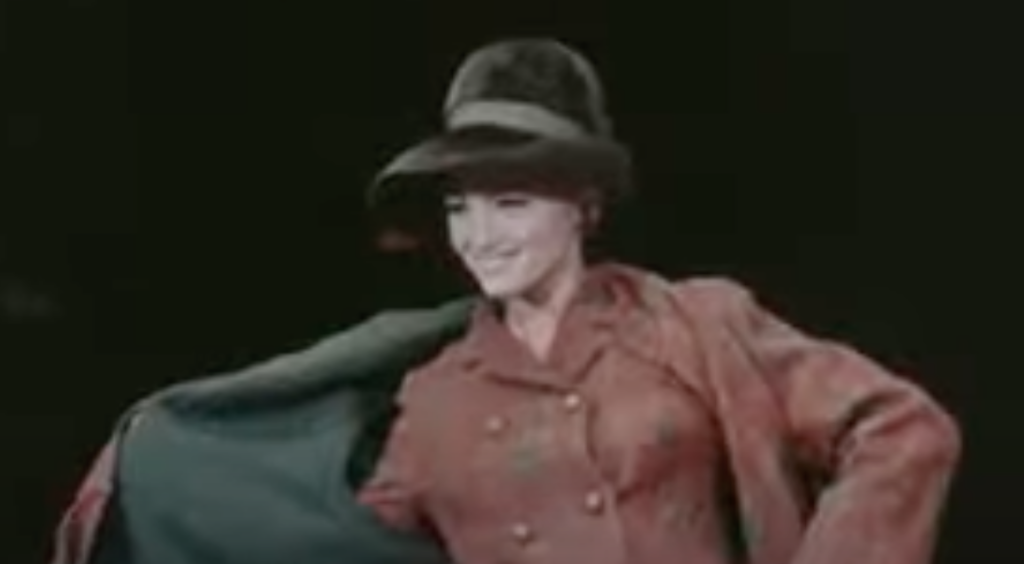Ani Kokobobo is Assistant Professor of Slavic Languages and Literatures at the University of Kansas and Editor of the Tolstoy Studies Journal. She was scheduled to speak at the Jordan Center on 03/21, but snowy weather intervened. In lieu of her appearance, we are now pleased to feature a brief summary of her talk.
In his Categorical Imperative, Kant advances the idea of a categorical moral law derived from universal principles that must be obeyed unconditionally and that appears collectively reasonable to individuals. “Act only according to that maxim whereby you can, at the same time, will that it should become a universal law,” he writes. Yet in the context of the Holocaust and other twentieth-century mass traumas, the Kantian Categorical Imperative, which underscores ethical transgression, can at times appear inadequate. Critics have described the Holocaust as a “double bind” (Jon Roth) in the realm of ethics. On the one hand, it creates the need to speak out and make ethics impervious to subversion or suspension. On the other hand, an ethical violation of this magnitude can also render simple ethical judgments inadequate.
As an alternative to the abstract certainty of the Kantian Categorical Imperative and normative ethics at large, many survivors or witnesses of mass traumas have sought more complicated moral principles. One such example is the idea of the ethical “gray zone,” articulated by Primo Levi. Levi described the Nazi camp as a “poorly defined” ethical “gray zone” “where the two camps of masters and servants both diverge and converge.” The groups are not morally equivalent, but the idea of a moral “gray zone” suggests that the simple moral condemnation inherent within the law, or the Kantian Categorical Imperative, cannot “presume to exhaust [moral] question[s].”
In recent research on Soviet and Jewish writer, Vassily Grossman, which I hoped to present at the Jordan Center, but was unable to due to inclement weather, I consider the ethical philosophy that appears in his writings. Grossman spent over a thousand days as special correspondent for the Red Army on the frontlines of World War II and witnessed an inordinate amount of violence. One of the first to arrive at the site of the Treblinka Nazi extermination camp in September 1944, he composed a searing account of Nazi atrocity, “The Hell of Treblinka” (in the Soviet journal Znamia, 1944), which was later used at the Nuremberg Crime Tribunal. He then went on to turn his critical eye to the Soviet regime in novels like Life and Fate and his final opus, Everything Flows. Beginning with his documentary essay about the Holocaust, “The Hell of Treblinka,” and continuing with his last novel about the abuses of the Soviet state, Everything Flows, I trace the evolution in ethical perspective across Grossman’s oeuvre. What I argue in a longer essay about Grossman is that in the time lapse between the two works, Grossman’s ethical code transitions from one influenced by a proper Kantian deontological morality, to something closer to Primo Levi’s “gray zone.”
In “The Hell of Treblinka” Grossman expresses a clear-cut ethical code and directs his moral judgment against the “SS psychologists of death” who kill with impunity. Even so, despite the appearance of ethical certainty, his writings about the camp retain a certain ethical surplus reflected in the form of accumulated moral indignation with no proper channels of expression.
This “surplus” comes into full fruition again years later, in Everything Flows, when Grossman directs his attention to the Soviet system and the gulag, only for ethical certainty to fall by the wayside. The author concentrates on Stalinism and the “suicidal” violence it produced that precluded blame and revenge. The slight ethical open-endedness from “The Hell of Treblinka” evolves into a full-blown moral gray zone, as Grossman shows all citizens collaborating and places ultimate blame on the system.
Rather than succumbing to a world where morality is in decline, Grossman uses the breakdown of normative ethics to construct a different ethics; from the rubble of normative morality, he creates an ethics rooted on the concept of maternal love. If totalitarian regimes like Nazi Germany or Stalinist Russia dehumanized individuals, Grossman views our humanity as having its beginnings with the mother and the bond she shares with her child. Without relying on abstract ethical principles of right and wrong, he focuses on the more fundamental and binding ethical responsibility we bear toward others, which he sees originating in a mother’s love for her child. The protagonist of Everything Flows, gulag survivor Ivan, longs for his absent mother, and the narrative pull toward her, across a series of displacements and surrogates for her maternal essence, is simultaneously a pull toward an ethical philosophy of maternal love.



